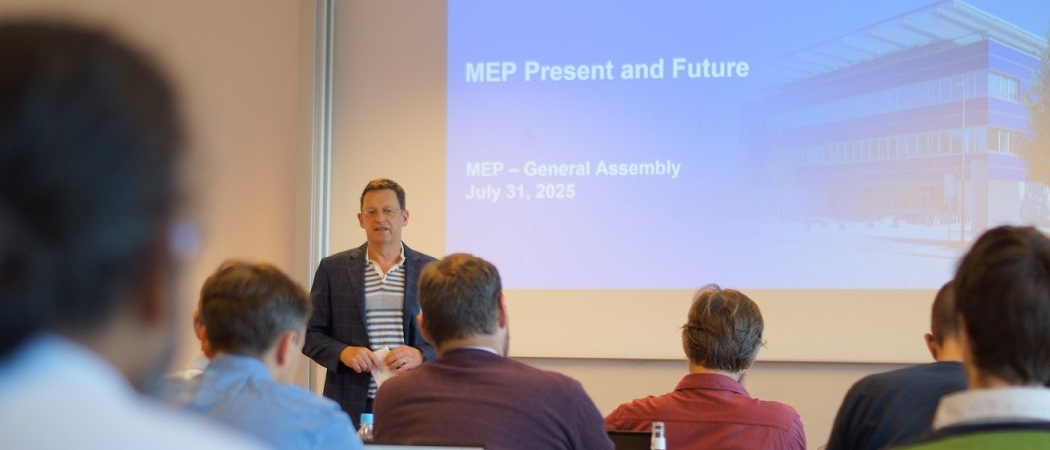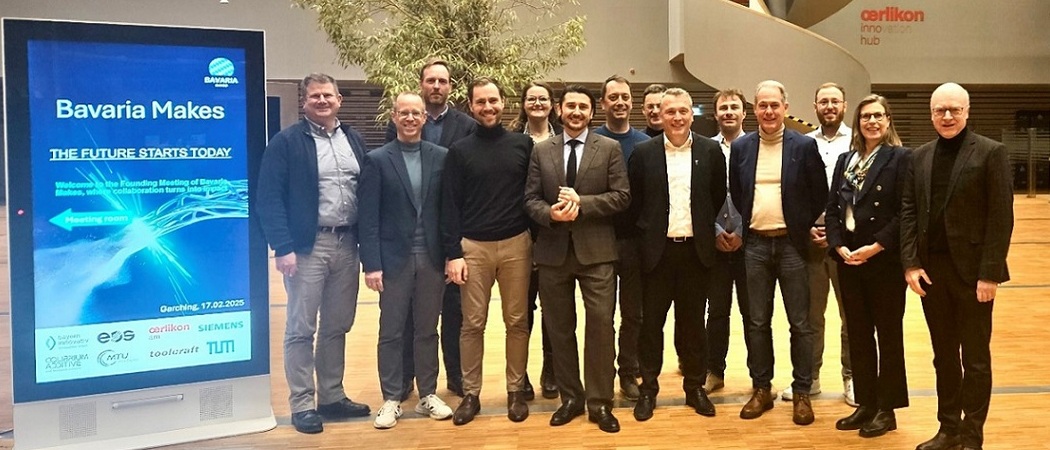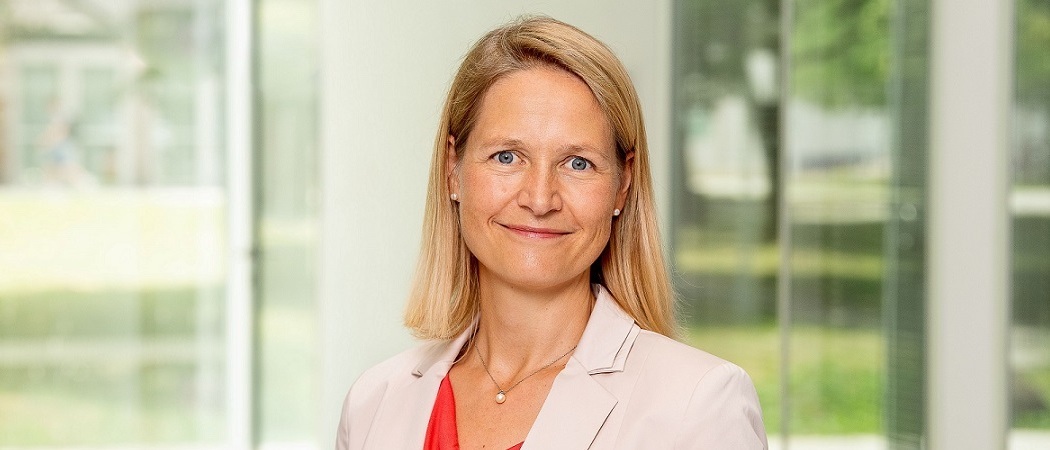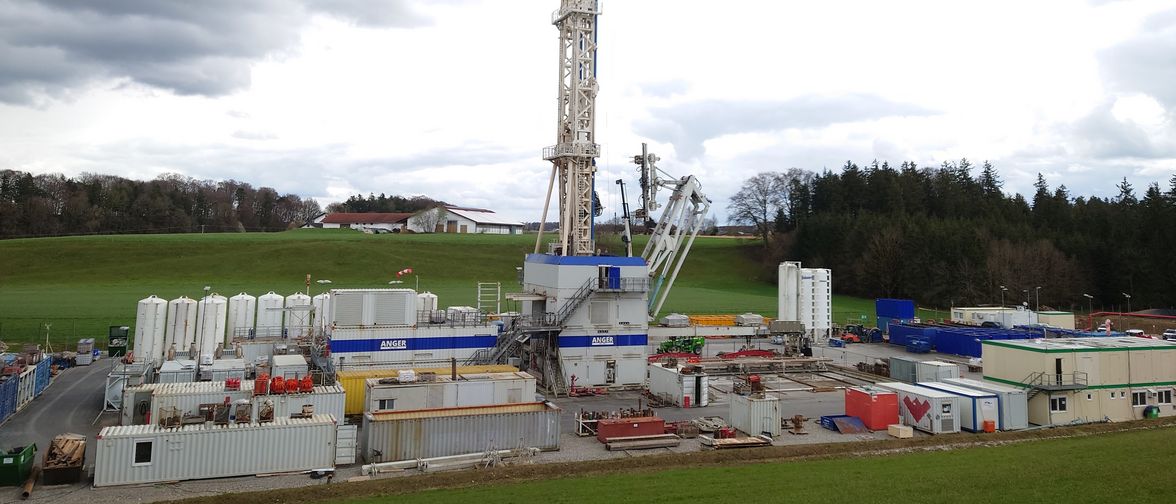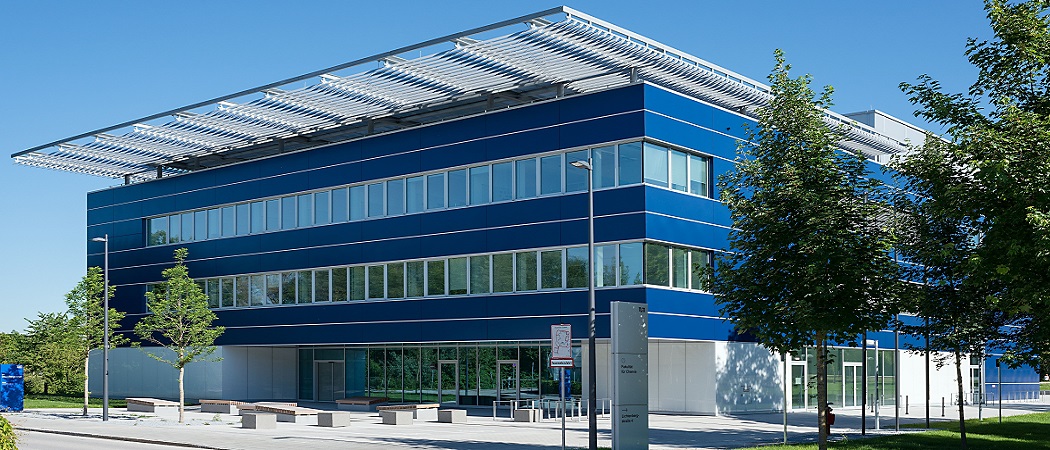Elie Mounzer and Lukas Groß from DFKI in Bremen recently came to the Munich Institute of Integrated Materials, Energy, and Process Engineering (MEP) to lead a workshop on tensor networks. This mathematical approach breaks down complex, multidimensional data into interlinked tensors—a concept originally developed for quantum many-body systems. MEP attendees examined how tensor networks can enhance computational fluid dynamics simulations by managing high-dimensional data more effectively. The event offered a balanced mix of theory and hands-on practice, providing a comprehensive introduction to both the fundamentals and practical applications of these techniques. Active discussions and interactive exercises enriched the session, reflecting a successful exchange of ideas between Bremen and Munich.
Munich Institute of Integrated Materials, Energy and Process Engineering (MEP)
The material focus in MEP drives research towards a new frontier of material science in 4D Materials. The unique aspect is that 4D Materials, i.e. materials with temporal property varia-tion, driven by external or internal stimuli, encompass not only smart/functional/shape-morphing solid materials but... Learn more
Carbon-neutral energy systems require a new comprehensive design strategy. Material pro-duction and component manufacturing enter the system analysis, as does the interaction of the system with the natural environment during its operation. New energy carriers gain im-portance with an expected dominance of electricity... Learn more
MEP integrates process engineering with life and medical sciences through a material-cen-tered approach. System modeling and prediction help to understand (bio-)chemical material conversion and to tailor product properties with target applications in pharmaceutical and industrial biotechnology, medicine... Learn more
News
Veranstaltungen
Workshop Advancing CFD Simulations with Tensor Networks
Elie Mounzer and Lukas Groß from DFKI in Bremen recently came to the Munich Institute of Integrated Materials, Energy, and Process Engineering (MEP) to lead a workshop on tensor networks. This mathematical approach breaks down complex, multidimensional data into interlinked tensors—a concept originally developed for quantum many-body systems. MEP attendees examined how tensor networks can enhance computational fluid dynamics simulations by managing high-dimensional data more effectively. The event offered a balanced mix of theory and hands-on practice, providing a comprehensive introduction to both the fundamentals and practical applications of these techniques. Active discussions and interactive exercises enriched the session, reflecting a successful exchange of ideas between Bremen and Munich.
